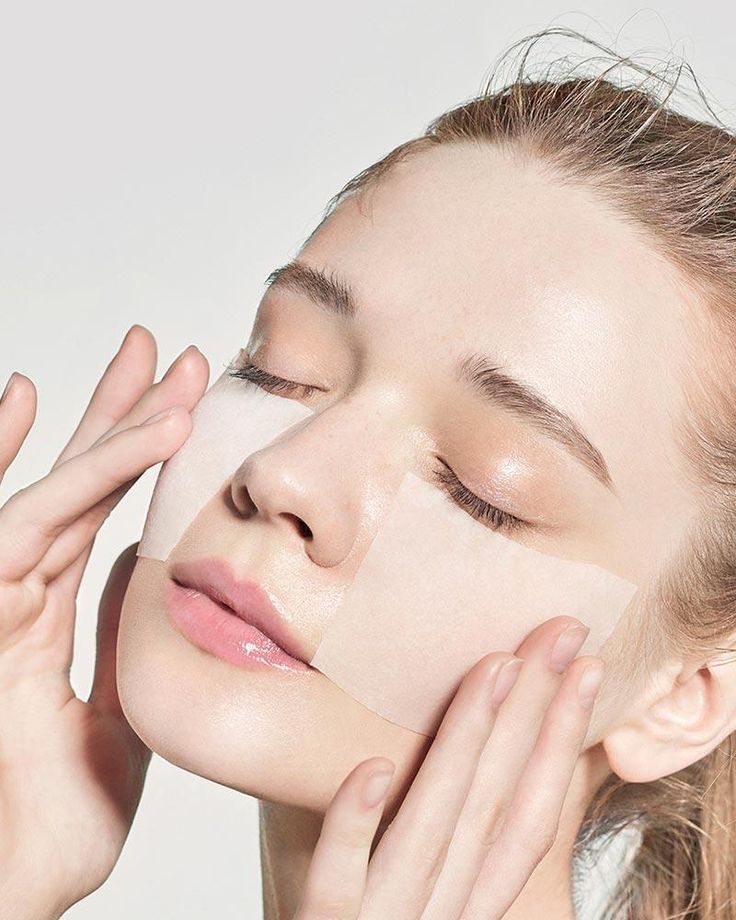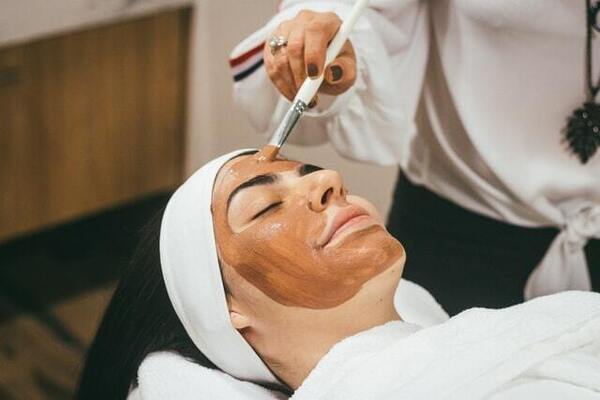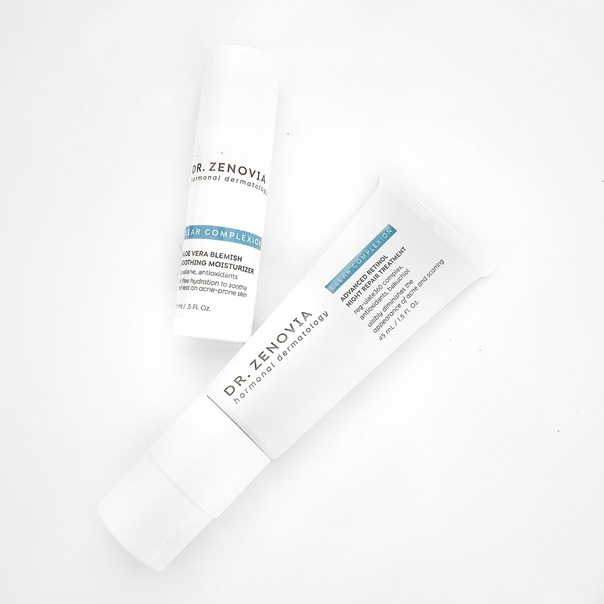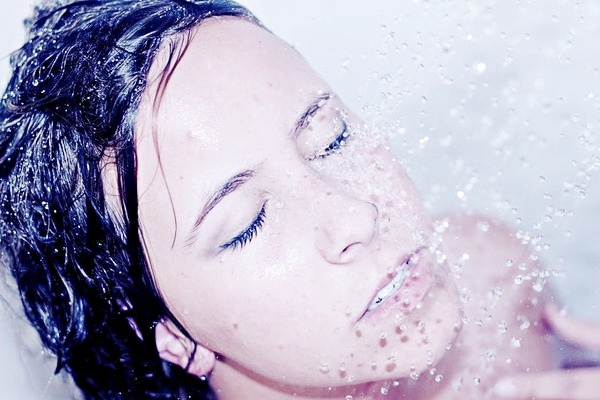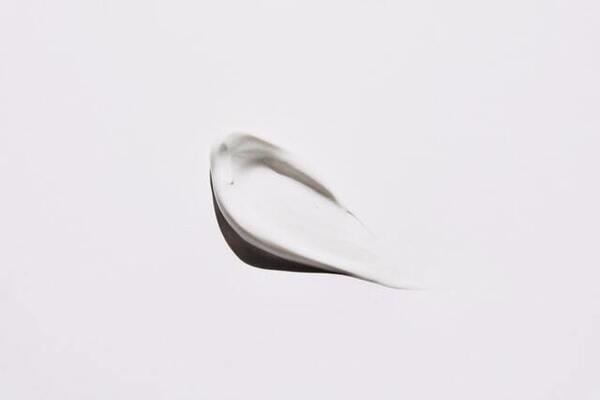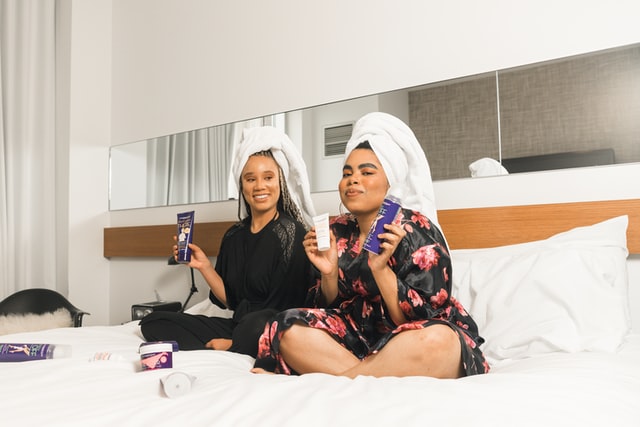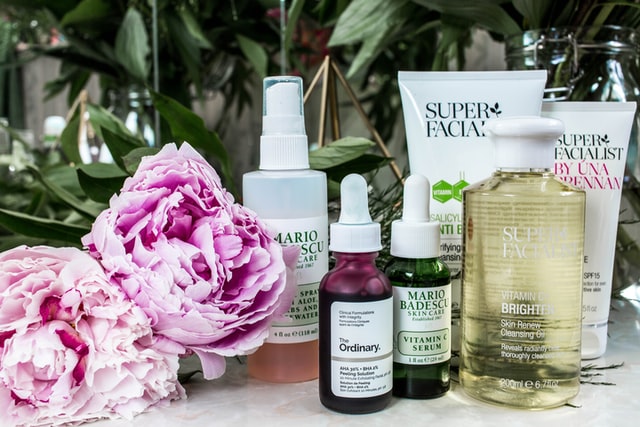What Causes Oily Skin?
Oily skin can come about depending on several factors, which include genetics, diet, hormonal changes, but the most common factor is the overproduction of sebum from the sebaceous glands.
Sebum is a vital substance the skin produces made of fat. It helps to keep the skin moisturized and healthy. When the skin overproduces sebum and is mixed with dead skin cells and bacteria, it clogs the pores and forms acne. Many times oily skin and acne go hand in hand.
Here are some characteristics of oily skin
1. The pores seem enlarged and are visible.
2. Oily skin looks plump and less aged.
3. Oily skin papers shiny and greasy at all times.
4. Skin looks thicker and pale.
There are things you can do to curb the overproduction of sebum to the skin surface.
Here is a detailed and complete guide for Skincare Routine For Oily/Acne-Prone Skin.
A.M/Morning Routine
1. Cleansing Gel – a mild cleansing gel will wash away excess oil the skin might have accumulated while you slept. It will help clean out the pore, bacteria, dead skin cells while keeping the skin moisturized.
2. Hydrating Toner – after cleansing, you can follow with a hydrating toner to help rebalance your skin’s pH (5.5), help keep oil at bay and give your skin a boost of hydration.
3. Antioxidant Serum – antioxidants are primarily essential to help keep the skin healthy and youthful. Antioxidants help to fight free-radicals and help to stop the signs of aging. Antioxidant serums contain a high concentration of ingredients such as vitamin c, vitamin e, green tea, resveratrol, and caffeine. These ingredients are powerful and will protect the skin against damage-causing unstable molecules known as free-radicals.
4. Hydrating Cream – after applying your antioxidant serum, follow by using a hydrating moisturizer to help keep the skin balanced and help strengthen the skin’s barrier (acid mantle). Hydrating the skin will keep it from getting dehydrated. Recommended ingredients that add moisture to the skin include hyaluronic acid, ceramides, and peptides.
5. Zinc Oxide Sunscreen – sunscreen helps to protect the skin from harmful sun rays. It also rescues the skin from premature aging and reduces the risk of skin cancer and other skin conditions such as melasma, skin discoloration, and blotchy skin. Check out sunscreen article here.
P.M/Evening Routine
1. Micellar Water/Cleansing Gel – if you have on makeup, the first step in your nighttime routine should be removing your makeup with either micellar water or cleansing oil. Follow with a face wash for oily skin a cleansing gel that contains salicylic acid, which will cleanse your skin and give you a deeper wash by penetrating into the pores washing out the gunk, oil, bacteria, and dirt from your pores.
2. Hydrating Toner – follow with a hydrating toner to rebalance your skin and hydrate.
3. AHA/BHA Serum – BHA serum will repair your skin by fighting acne, gently exfoliating, and hydrate the skin. It will help reduce sebum overproduction in the skin.
4. Retinol Serum – Retinol helps to fight against acne; it helps to regulate oily skin and minimize breakout. Applying retinol serum at night will work with your skin as it repairs itself at night. Retinol works by speeding cell turnover, which helps to reveal brighter skin, target fine lines, and wrinkles. Retinol increases the production of collagen, which gives your skin its firmness and youthful appearance.
5. Oil-Free Moisturizer – Moisturizer for oily skin should contain skin-replenishing ingredients to help enrich the skin’s surface giving it revitalizing hydration. Your skin needs hydration after a long day, opt for a water-based moisturizer with ingredients such as hyaluronic acid, ceramides, honey, aloe vera, and squalane.
Weekly
Clay Mask – a weekly clay mask routine will help to absorb excess oil on the surface of your skin. Using kaolin clay is a gentle but powerful clay that will help detoxify your skin. Kaolin clay draws impurities out of the skin, improves skin tone, tightens pores, and firms the skin.
Skincare Routine For Oily/Acne-Prone Skin






